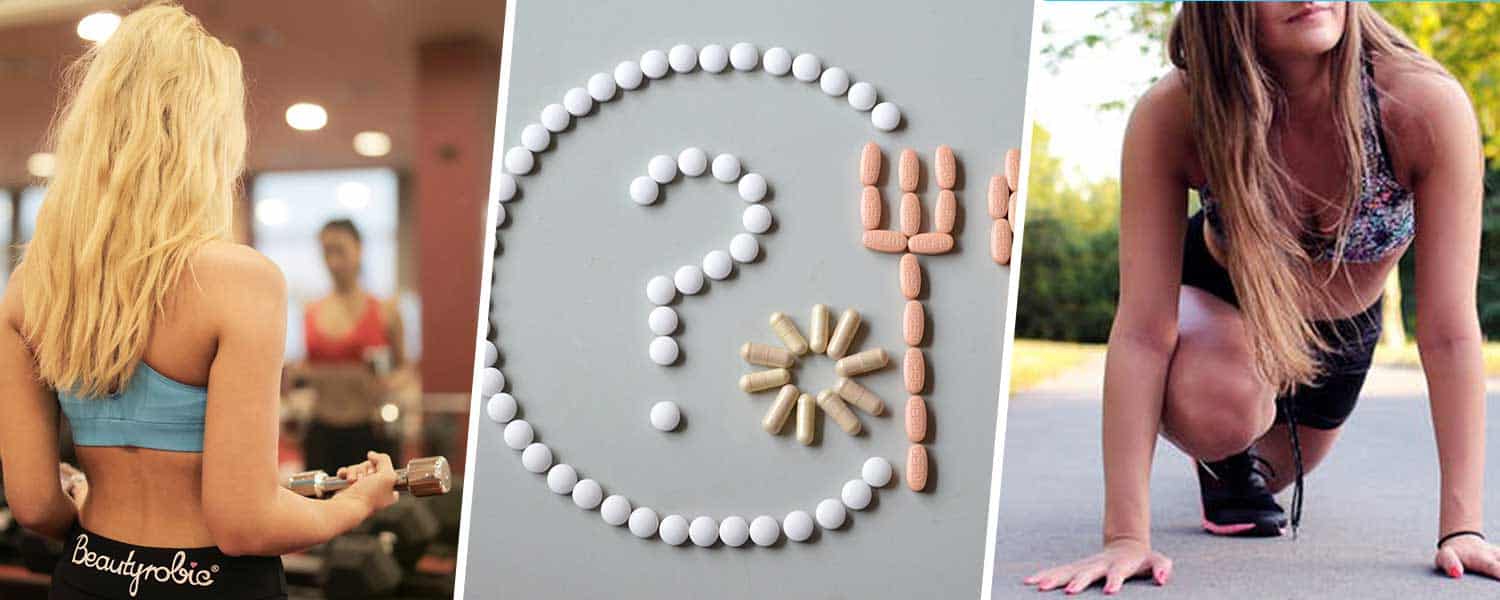RECHARGE YOUR BATTERIES & STAMINA

“Andras” in Greek means human male and “pause” in Greek a cessation; so literally “andropause” is defined as a syndrome associated with a decrease in sexual satisfaction or a decline in a feeling of general well-being with low levels of testosterone in Aged man. “The male climacteric” is characterized by nervousness, reduced potency, decreased libido, irritability, fatigue, depression, memory loss, sleep disturbances, and hot flushes.
Testosterone levels decline with aging at the rate of 1% per year and this rate of decline in testosterone levels varies in different individuals and is affected by chronic disease, such as obesity, illness, serious emotional stress, and medications. Most of the circulating testosterone is bound to SHBG and to albumin; only 0.5–3% of circulating testosterone is unbound or “free.” The term “bioavailable testosterone” refers to unbound testosterone plus testosterone bound loosely to albumin. There is general agreement that the total testosterone level above 12 nmol/l (350 ng/dl) does not require substitution. Similarly there is consensus that patients with serum total testosterone levels below 8 nmol/l (230 ng/dl) will usually benefit from testosterone treatment. If the serum total level is between 8 and 12 nmol/l (230 and 350 ng/dl), repeating the measurement of total testosterone with SHBG to calculate free testosterone or bioavailable testosterone will benefit the patient.
Men with erectile dysfunction and/or diminished libido and documented
Testosterone deficiencies are candidates for testosterone therapy. In the presence of a clinical picture of testosterone deficiency and borderline serum testosterone levels, a short (e.g., 3 months) therapeutic trial may be justified. Testosterone has a positive effect on reducing the risk factors for metabolic syndrome and cardiovascular disease. Testosterone treatment in elderly individuals with chronic heart failure might improve insulin sensitivity and various cardio respiratory and muscular outcomes. Androgens stimulate erythropoiesis and increase reticulocyte count, hemoglobin, and bone marrow erythropoietic activity. Presently there is no conclusive evidence that testosterone treatment increases the risk of prostate cancer or BPH. There is also no evidence that testosterone treatment will convert subclinical prostate cancer to clinically detectable prostate cancer
Preparations of natural testosterone should be used for substitution therapy. Currently available intramuscular, transdermal, oral, and buccal preparations of testosterone are safe and effective. Oral testosterone undecanoate however bypasses first stage metabolism through its preferential absorption into the lymphatic system, so free from liver toxicity. Transdermal gels are colorless hydroalcohoolic gels of 1–2% testosterone and they are applied daily to deliver 5 to 10 mg of testosterone per day. Buccal cyclodextrin complexed testosterone preparations are out of favor because of the difficulty of maintaining the buccal treatment. Subdermal implants have the risk of extrusion and local site infection. Intranasal testosterone more closely proximate the normal circadian variation of testosterone, but it requires further long-term studies to determine the effects. Currently, absolute contraindications to testosterone therapy include prostate and breast cancer. Relative contraindications are severe lower urinary tract symptoms caused by benign prostatic hypertrophy, untreated or poorly controlled congestive heart failure, and untreated sleep apnea.
There are several natural remedies that can provide significant relief for men. Changing daily food choices to reflect a more healthy lifestyle can have a significant impact on andropause symptoms. Eat more fruits and vegetables as they are rich source of antioxidants, polyphenols, minerals, and vitamins. Not all fat is bad. Omega-3 fatty acids are great for supporting a healthy heart and good blood circulation. Select plant proteins over animal proteins. Good sources of plant protein include beans, legumes, and select grains. Replacing sugary drinks with green tea can assist in preventing illness and healthy feel. Getting daily recommended amount of sleep is vital for overall health. A lack of sleep can interfere with hormone production. Regular exercise increases the release of endorphins—a neurotransmitter that gives euphoric feeling. It is important to speak with your primary care physician, Urologist, an Endocrinologist or Age Management specialist.